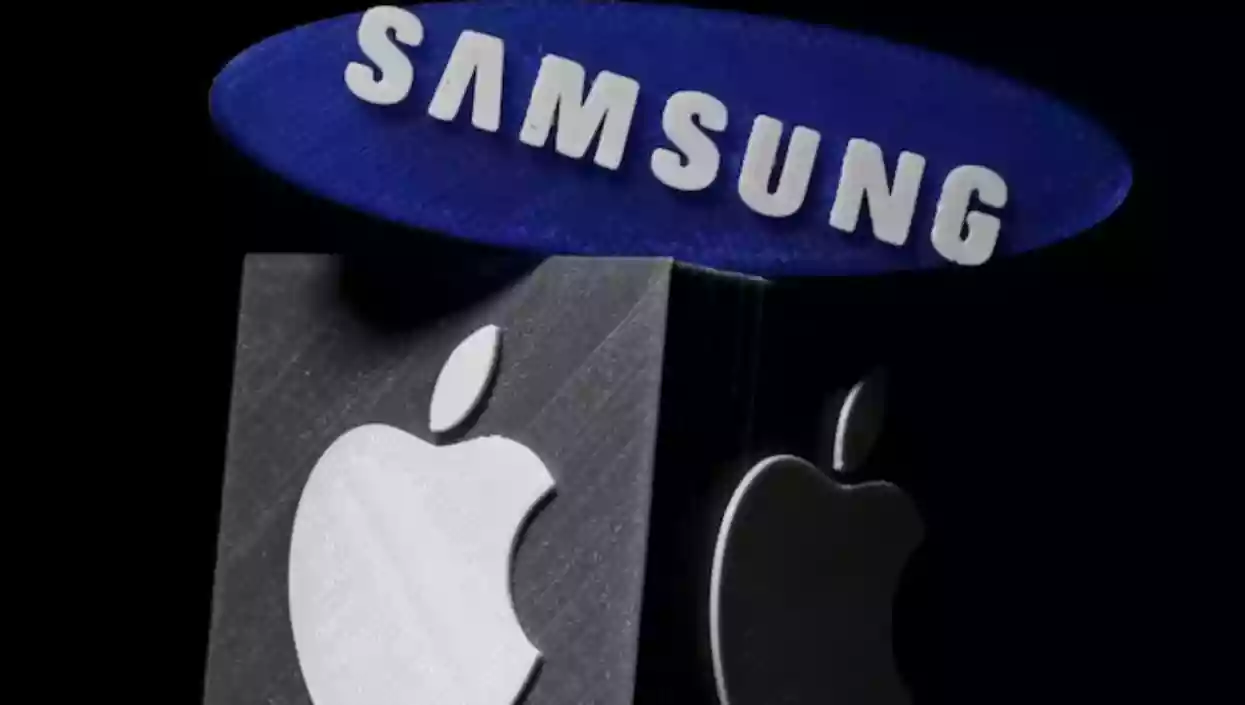.gif)
.gif)

Former US President Donald Trump’s steep tariff hikes are beginning to reshape global tech manufacturing — and India may be the biggest beneficiary. With the US now imposing up to 54% import duties on Chinese goods and 46% on Vietnamese products, tech giants Apple and Samsung are reportedly considering significantly expanding their manufacturing operations in India to bypass these new costs.
Apple, which already assembles several iPhone models in India through Foxconn and Tata, may now look to ship a larger volume of units directly to the US from Indian plants. A senior industry official told The Times of India that India is being positioned as a US-focused production base, while China will continue to serve other regions like Europe, Latin America, and Asia. This shift, if implemented fully, could lead to a massive scale-up of Apple’s presence in the Indian manufacturing ecosystem.
Tata’s growing role is also significant — having taken over Wistron and Pegatron's India operations, the conglomerate is poised to play a key role in Apple’s expansion. Although Apple is evaluating other regions with lower tariff exposure like Brazil, UAE, and Saudi Arabia (each with just 10% duties), the ecosystem maturity and existing infrastructure in India seem to give it a critical edge.
For Samsung, the tariff shift presents an equally complex challenge. The Korean tech major relies heavily on its Vietnam factories, exporting over $55 billion in electronics. But with US tariffs on Vietnamese imports spiking to 46%, India — which faces a relatively lower 26% tariff — may now become Samsung’s preferred manufacturing base for US shipments, at least temporarily.
Samsung already manufactures flagship models like the Galaxy S25 and Fold series at its Noida facility. Sources indicate that production aimed at US markets could now ramp up in India, especially if Vietnam’s negotiations with the US do not yield favorable terms soon.
Meanwhile, for American consumers, this tariff war may lead to higher tech prices. According to Reuters, iPhones, iPads, and MacBooks may see a price surge of 30–40% if companies like Apple fail to realign their supply chains quickly. The coming months will be critical in determining how global tech giants adjust to the changing trade landscape.